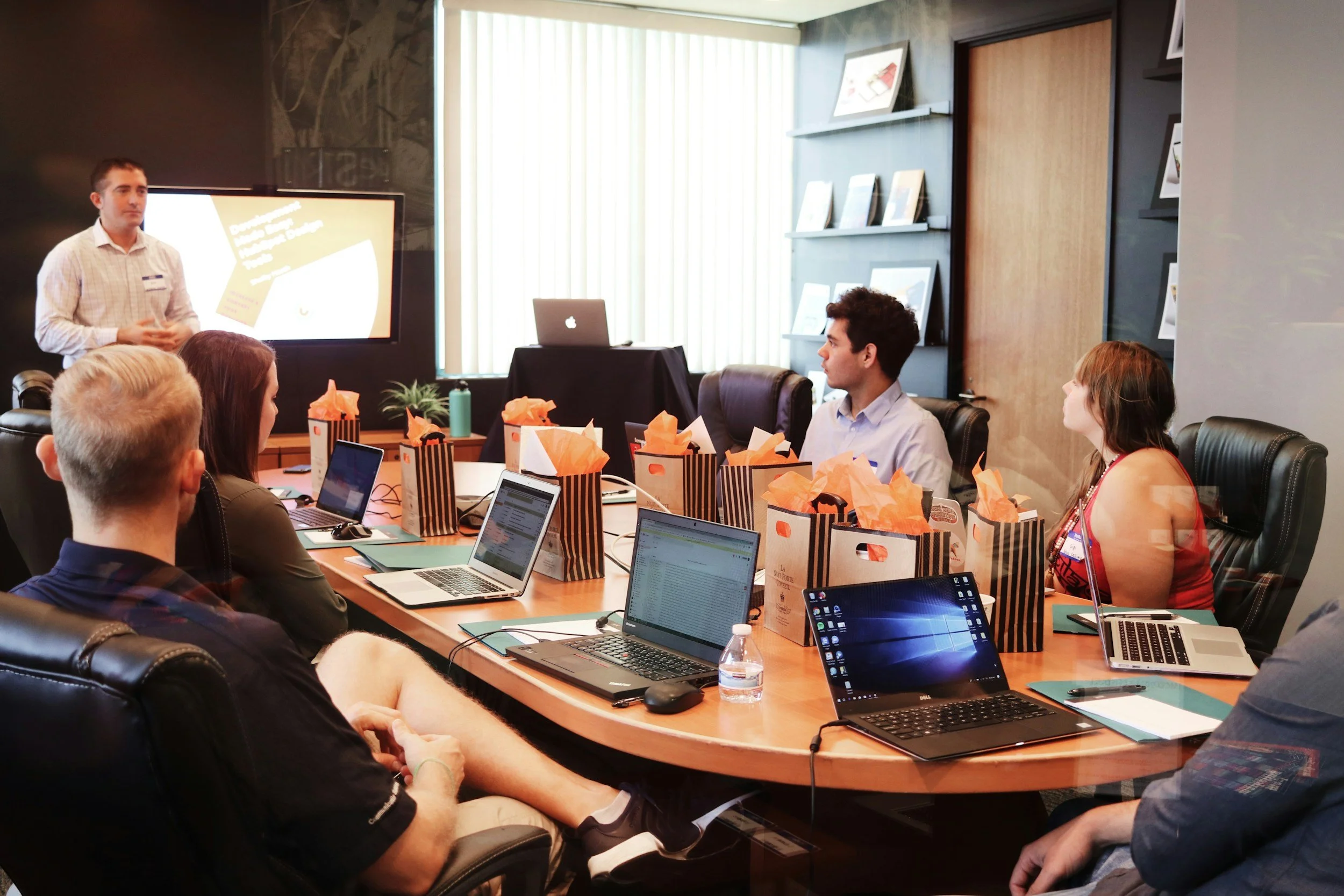The Future of Jobs: What’s Really Happening to Work (and What It Means for You)
Tech advances, climate change, global tensions… it's a lot. But what does it actually mean for your job, your family, and your future?
If you’ve ever worried about robots taking over your job, or felt a bit unsure about how things like AI or climate change will shape your working life, you’re not alone. The Future of Jobs Report 2025 from the World Economic Forum has laid it all out — and the good news is, it’s not all doom and gloom.
In fact, by 2030, there’ll be more jobs created than lost worldwide. But they won’t be the same jobs we know today.
Big Shifts Ahead: What’s Driving the Change?
The report pinpoints five major forces reshaping the world of work:
Tech explosion — Think AI, automation, and growing digital access.
The green transition — Moving towards renewable energy and sustainable industries.
Geopolitical tensions — Changing trade patterns and global conflicts.
Economic pressures — Cost of living, inflation, and slower growth.
Demographic shifts — Ageing populations in wealthier countries, and booming young workforces in others.
In plain terms: businesses worldwide are rethinking how they operate because technology is evolving fast, the climate crisis demands new solutions, and our populations are changing shape.
The Numbers: Jobs Gained vs. Jobs Lost
Here's the reassuring bit: 170 million jobs created worldwide by 2030. 92 million jobs lost.
Net result? A gain of 78 million jobs globally.
But — and it’s a big but — these new jobs won’t always be in the same places, industries, or require the same skills.
Winners and Losers: Which Jobs Are Growing?
Farmworkers, delivery drivers, and construction workers are predicted to see the biggest growth in job numbers. Why? Climate action, shifting supply chains, and growing demand for food and housing.
Tech specialists — from AI experts to cybersecurity analysts — are skyrocketing. Demand for digital smarts and cybersecurity is through the roof.
Green energy roles like renewable energy engineers and electric vehicle specialists are booming thanks to climate commitments.
Healthcare heroes — with ageing populations, roles like nursing, personal care, and counselling are also on the rise.
On the flip side: Clerical and admin jobs are shrinking fast, with roles like data entry clerks, bank tellers, and secretaries becoming increasingly automated.
The Skills You’ll Need (And How to Stay Ahead)
Here’s the reality check: about 39% of the average worker’s skill set will need an update by 2030.
The top skills that employers are crying out for include:
• Analytical thinking (yep, problem-solvers will thrive).
• Tech literacy (even if you’re not an IT expert, basic tech skills will help).
• Flexibility and resilience (because change is the new normal).
• Leadership and social influence (managing people and projects matters more than ever).
• Green skills (understanding sustainability and environmental stewardship).
Encouragingly, employers are catching on — around 85% of businesses plan to invest in upskilling their teams.
So, if your job feels a bit at risk, don’t panic. There’s a global push to help workers learn new skills and move into growing roles.
How Does This Affect You, Right Now?
Let’s bring it closer to home.
If you’re job hunting, consider industries like clean energy, healthcare, tech, or logistics — they’re booming.
If you’re working in admin or repetitive roles, it’s a great time to upskill. Look into short courses in data analysis, cybersecurity, or even creative problem solving.
If you’re an employer, investing in your people is smart business. Workers want support, training, and wellbeing initiatives — and it helps you stay competitive.
For young workers, this is your moment. With our ageing population, new doors are opening for younger workers across sectors like education, healthcare, and sustainability.
The Human Side of Work
Beyond the numbers, there’s a human story here. The future of work isn’t just about machines and markets — it’s about people.
Employers increasingly recognise the value of wellbeing, diversity, and inclusion. A healthy, happy workforce is good for business, and Australians can expect more focus on workplace culture, flexibility, and support.
So, What’s Next?
The future of work is a moving target — but one thing’s for sure: adaptability is your superpower.
Whether you’re a student, a worker thinking about a career change, or a business owner, keeping your skills fresh and your mind open will keep you ahead of the curve.
And remember, while automation will change jobs, it’s not about humans vs. machines — it’s about humans working alongside machines, using technology to amplify what we do best.
Yes, the future of work is changing fast. But with the right mindset and a willingness to learn, there’s plenty of opportunity ahead.
By: Dec 24

